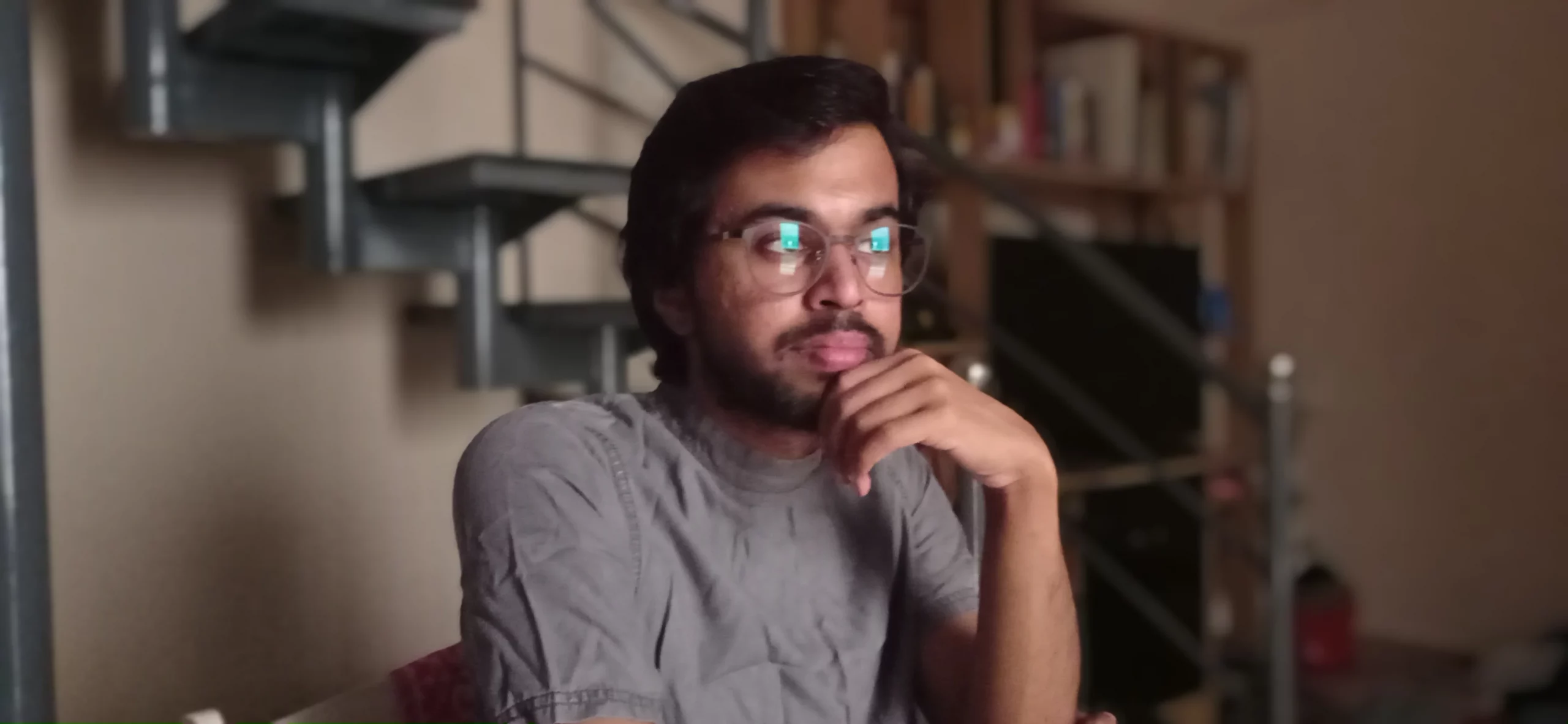Speaking Sex: An Interview With Danielle
This interview shares insights from Danielle Bezalel, MPH about sexual and reproductive health and the journey of the Sex Ed with DB Podcast. This interview was conducted by Subhi, a content curator at Pratisandhi.
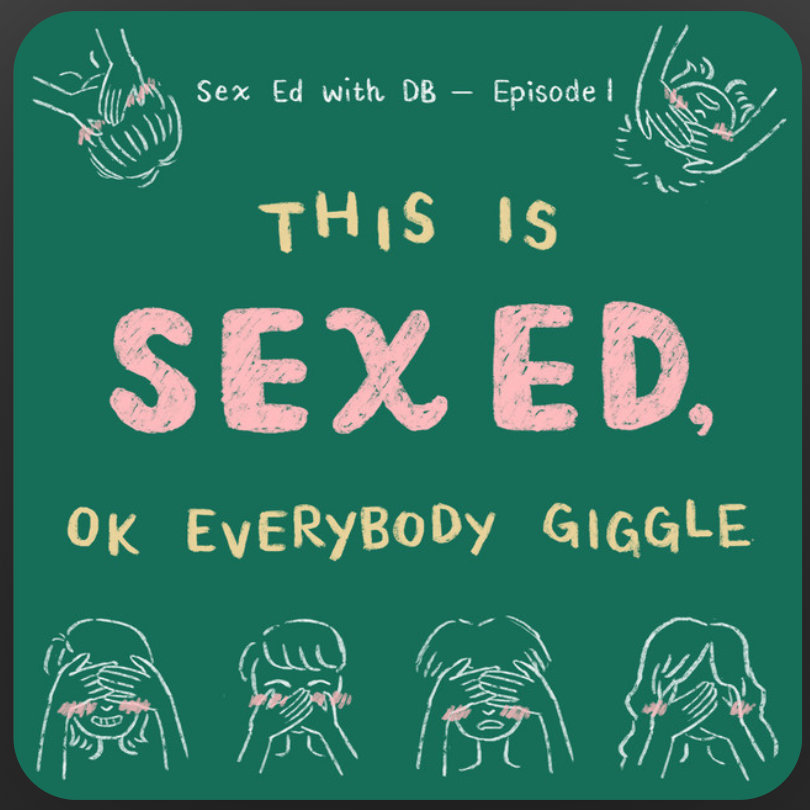
Q – What is your idea of sex?
Danielle– I really love this question. I think that sex really can be anything and everything you want to make of it. And what I mean by that is people should define it themselves. So, sex can be with one or multiple partners. It consists of outercourse, which can be kissing, touching, clitoral play, and more. Sex can consist of intercourse, which can be penis/vagina sex, anal sex, or sex with fingers and toys.
It can be really fun. And it can be planned or spontaneous. It can be exciting and playful, and silly and awkward. And it can include roleplay. It should always be consensual, and should ultimately make people feel good and happy in their bodies and minds.
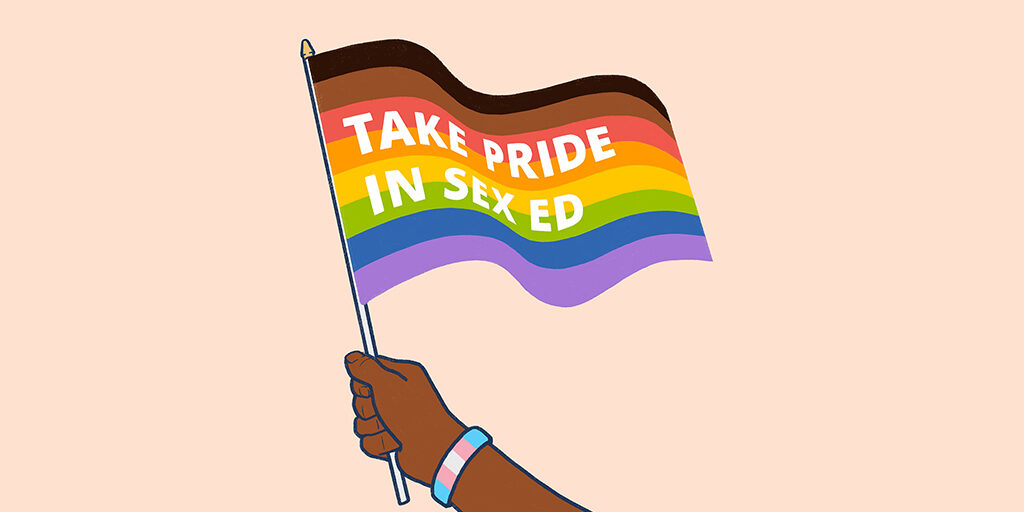
Q – As someone who is actively involved in social media and spreading messages through the same platform, when you hear the present youth, how do you see them developing their views about sex education and about the idea of sex?
Danielle– Yeah, this is an awesome question, because I do think that Gen Z – in general, especially in my bubble of social media, is incredibly accepting when it comes to LGBTQ+ identities, when it comes to open relationships and polyamory, when it comes to fat and skinny and in between bodies, or body neutrality, for that matter. And so, I think it very much depends on the algorithm that we’re all kind of exposed to on our social media platforms.
But I do think that generally speaking, young people are much more likely to be open, to be honest, and to be accessing this information online compared to you know, someone like me, who’s a millennial or someone from Generation Y or our parents’ generation because they didn’t really have the internet as accessible and as readily available as Gen Z does.
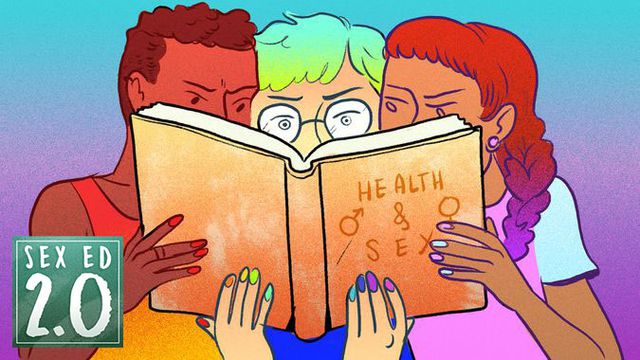
Q – What has been your driving force to be so vocal and to be so articulate about typically unspoken topics that you cover?
Danielle– So this is a question that I’ve thought about for a while, and I really do think that everyone can relate to the concept of shame and embarrassment. And so, I think those feelings and those emotions are incredibly powerful. And everyone has felt that around the world when it comes to sex, and health education — when it comes to relationships, their body, their mental health. Everyone has felt the stigma around these things, and so much more.
So, I think my driving force in my mission is to really make sure that people feel good and great and amazing, or at least neutral. Even if it’s not negative, at least just bring it up to neutral about who they are, about who they’re interacting with, about how they feel about themselves. Everyone genuinely deserves pleasure. They deserve health, they deserve happiness. And they just deserve to have the education and information that will get them there. So, I would say that that’s really my driving force.

Q – Could you tell us about the need for sexual health education for people with intellectual disabilities? How would you reach out to those people?
Danielle– Yeah, so I think this is super important. Because there are many people who are on the spectrum of autism. There are folks who have other sensory disabilities, who have physical disabilities, folks who are hard of hearing. These are all very unique disabilities that need their own approach when it comes to sex education. But I do think that there is something universal, and making sure that people with all kinds of disabilities have access to sexual health information.
So, a few things. One, I would want to make sure that all of the videos and content are fully accessible by all. So, if it’s a video, I would make sure it has captions. If it’s audio, make sure that there are some visuals or just make sure that it’s really whole and full. I would make sure that people are pointed to other resources if they need more information — making sure that people with intellectual disabilities are catered to when it comes to sex education. I personally don’t have an intellectual disability.
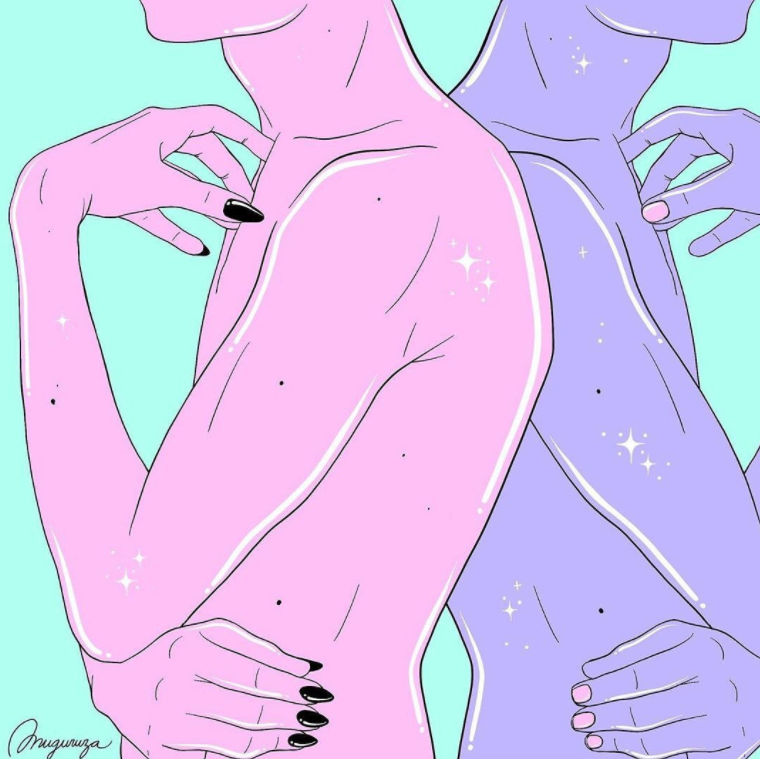
So, it’s really important to me not only to name that, but to recommend and share the people who do have disabilities who are also sex educators, to whom people can go to and say, “oh, that person is just like me, for x y & z reason, and they are explaining this thing that is important to me.” For example, there’s a really awesome American sex educator named Eva Sweeney. They have cerebral palsy, and they are non-verbal.
And what that means is they have 24 hours a day care, and they are super open when it comes to topics about them masturbating, or them dating; and how it’s important to have open communication with their aid about making themselves feel good. When it comes to being out on a date, what those boundaries are if you have another person on a date, and what that looks like. So, I think all that is to say, like, number one, making sure the content is fully accessible by as many people as possible. And number two, pointing folks specifically with intellectual disabilities, to other sex educators and other people in the field who have those disabilities who can better speak to those experiences.
Q – What would be a fetish that you would like to normalize through your understanding, through your ideas, through your endless work?
Danielle– All sexual fetishes are so personal. Those who really have foot fetishes would be like, “I want foot fetishes to be normal.” Those who have secret fetishes of like having sex with their professor and would want that to be normalized. But I would just say in general, like normalizing BDSM and power play and not necessarily really tying that to a traumatic event that happened in the past. I feel like so often when we see movies and TV shows, people, specifically, women are like, into BDSM, because they were abused previously, or because there was something traumatic that happened to them. And that definitely happens to people.
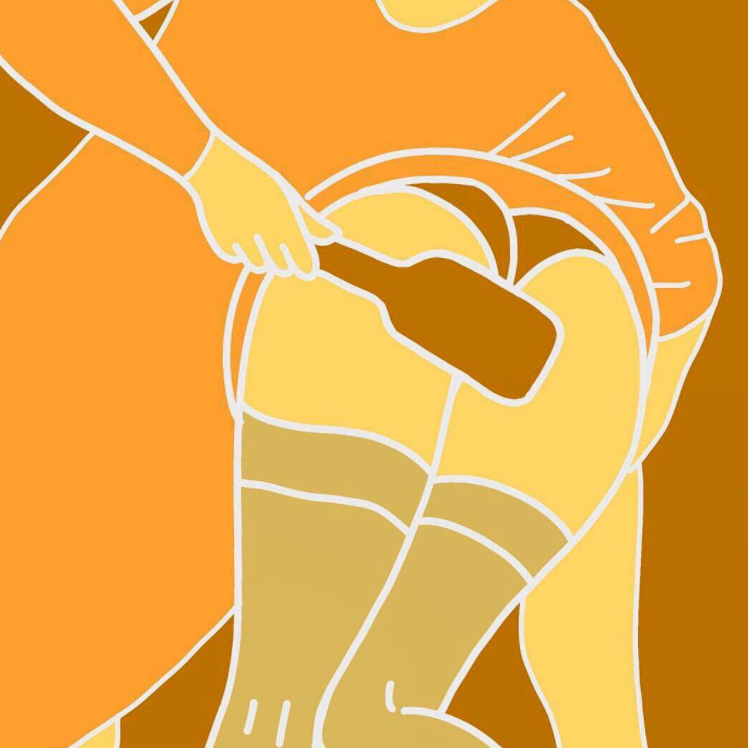
I don’t want to downplay trauma, because that is very real. But there are many people who like to engage in BDSM, not because they had a traumatic event, but just because they want to and because they think domination or submission is fun. They want to role-play and they really like to be in control or out of control. And so, I want to normalize the idea that power play happens not only because people experience trauma, but because that’s just fun for people, because that is normal, and that’s what they want to do.
Follow @SexEdWithDBPodcast to learn about sex, consent, and much more!
Subscribe to Pratisandhi’s E-Newsletter for regular updates!
Author
